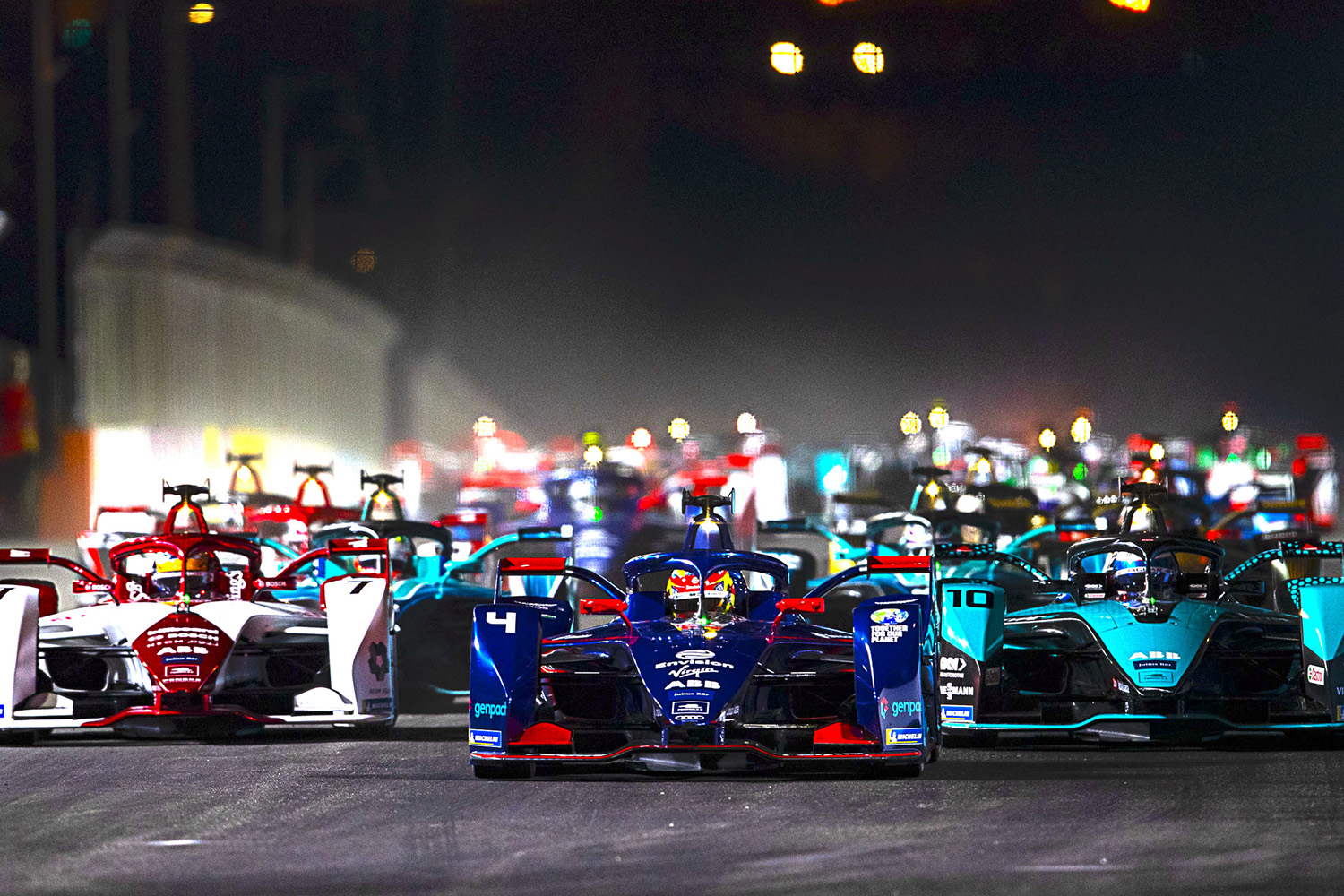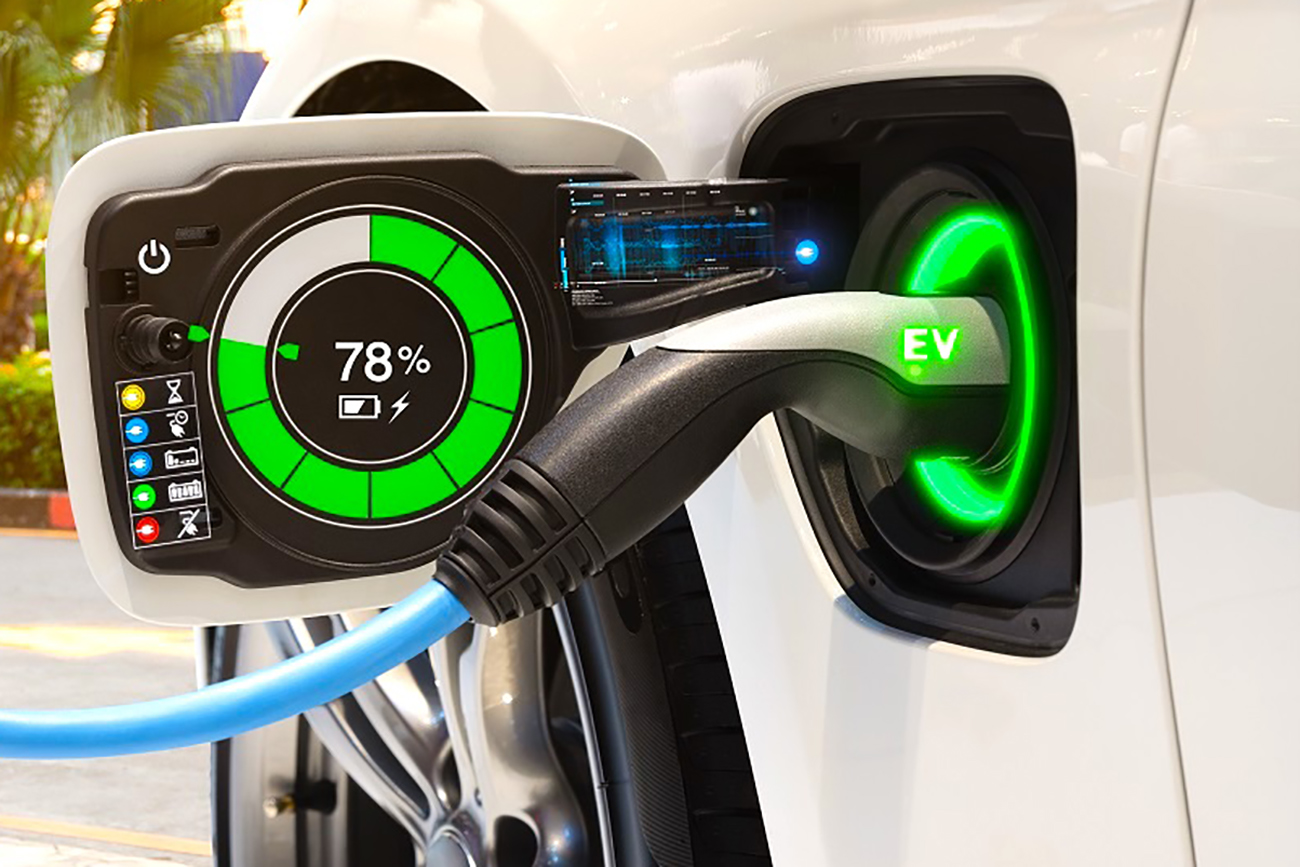Why Are Carmakers Dumping Electric Racing?
Manufacturers Cling to Combustion Cars & Racing Against All Odds
These are interesting times for the car world. With greenie legislators hell bent on forcing battery electric cars on a public that’s not quite sure if it actually wants them, the industry is stuck in the middle. On the one hand, its gas cars are being legislated out of many first world markets. The solution apparently lies in battery electric vehicles, for now. But on the other hand, several recent motor industry and related motor racing actions, seem to speak far louder than words.
The Propaganda Is Not Adding Up
We’ve been subjected to so many confusing future product messages from the carmakers lately. The rhetoric changes by the day as industry propaganda spins EV news that not everyone wants to hear. Scratch a little however, and not all is quite as clear as it may seem on the surface. Most interesting of all though, several motor manufacturer factory racing programs now paint a surprisingly different picture to the hype that streetcar offices plug out, just a few steps down those same corporate office corridors.
Let’s start with those blurred promises. The entire Volkswagen Group, reeling of course from its dieselgate debacle, has faithfully promised over the past couple of years, that every car it builds will be fully electric by 2030. Yes, all VWs would be 100% battery powered, just eight years from now. Jaguar Land Rover said much the same. Albeit that its cars will be ‘electrified’. Rather than just electric. But hang on a second…
Volkswagen very recently, quite sheepishly, and almost secretly let it slip that its latest generation four-cylinder diesel engines are now paraffinic fuel approved. In accordance with European standard EN 15940, these fuels produced from biological residue and waste materials, reduce emissions by up to 95%. And deep in that release copy, VW confirms its future car range will be 70% electric alongside new cleaner fueled combustion cars. No more 100% electric? Interesting, isn’t it?
But It’s Raining New V8 Engines!
Looking a little further back, to the time when JLR swore its oath to an electrified future, came news that it had acquired the former Ford UK V8 plant. To enable it to continue producing — wait for it — supercharged V8 engines for its future cars (above). Ford is just moving its next, all-new cleaner V8 production elsewhere, so JLR took that British V8 plant over and will continue to build its V8s. Mercedes, which meantime admits it will be ‘electric ready’ by 2030, also remains committed to longer-term combustion plans. As do several other carmakers. Alongside ever-increasing electric and electrified car ranges, of course.
Just this month, two further developments added even more intrigue. BMW two weeks ago committed to keep its internal combustion engines alive. Development boss Frank Weber also confirmed that the Bavarian company is developing new generation straight-six and V8 petrol and diesel engines. They will comply with draconian future emissions regulations. To enable BMW to long continue to offer buyers a choice between petrol, diesel, hybrid, and electric power.
And then this week, Stellantis CEO Carlos Tavares took a rare stance from within the car industry, to slam the ongoing government abolitions of combustion engines. He brands the electrification of cars as a political move. And suggests that battery electric vehicles are by no means the auto industry’s preferred future green technology silver bullet. He says that powerful hybrid cars are a far better and more immediate solution…
Does Racing Reveal the Real Car of the Future?
Confused yet? Yes. So are we! But that’s not all! As noted, up top, most carmakers’ factory race teams appear to be heading in a very different direction to what their streetcar spin doctors down the passage suggest about their future car ranges. Let’s start with Formula E (image top of page). Oddly enough, the only positive news there is that Tavares’ Stellantis Maserati offshoot will return to race in the battery electric series. Which in reality, is powered by giant clean-burning glycerin-fired Cummins generators anyway…
The rest of the Formula E electric racing series news is however bleak. Having attracted Audi, BMW, Jaguar, Mercedes, Nissan, and Porsche, et al, over the past few years, both Audi and BMW have already fled the series. Mercedes is out at the end of the coming season. And Porsche is keeping a watching brief. Why? Well, because it, and/or Audi, are both close to joining gas electric hybrid Formula 1 (above) from 2025. The VW brands are also already committed to the new LMDh hybrid Le Mans World and US Endurance championships.
Peugeot will join Toyota (below) and Alpine-Renault there this year. And BMW and Ferrari are also headed for the WEC grid, alongside Porsche and Audi from 2023. Like F1, the WEC rules call for gasoline electric hybrid cars. Racing in either of its new Hypercar or LMDh prototype classes. The World Rally Championship has just moved to petrol electric power. Ford, Toyota and Hyundai’s new hybrid WRC cars debuted at Monaco just this past weekend. World Rallycross is meanwhile toying with an electric future. Which fits its short, sharp format like that proverbial glove.
More Carmakers Are Going Combustion Racing
Besides Maserati’s fresh Formula E commitment, the only other carmaker to hint a move to electric racing, is Audi with its Dakar campaign. But while its RS Q e-Tron’s stage winning battery indeed turns a pair of Formula E electric motors, that battery is charged by a third Formula E MGU. Which in turn, is powered by a DTM German Touring Car derived gasoline 2-litre turbo engine. All while Audi works on a greener Dakar power source solution. Alongside its ongoing gasoline DTM, hybrid WEC and maybe even gas electric F1 efforts.
So, like us, you may well be scratching your head right now. Why are so many carmakers working hard on combustion plans? If they are so committed to an all-electric future? And most telling of all, why have so many carmakers fled pure electric racing series to race in hybrid or even pure gasoline-fueled categories to prove their future driving technology?
Which leads us to conclude, that what’s happening out there on the ground, does not quite tie up with what they want you to believe about that electric car of the future. Manufacturer propaganda seems wide of the mark. Carlos Tavares stands alone in his vocal stance against it now. But then his peers’ actions around EVs on road and track, speak far louder than words. One just need join the dots above, to figure that one out…
Images: Formula E, Land Rover, F1, Toyota





